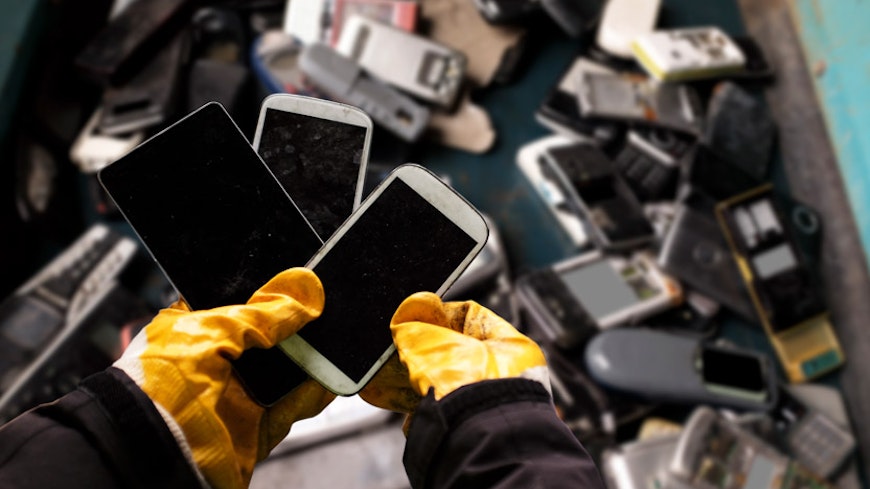
By Paul Smith
Former Head of Test | Kaiwhakahaere Whakamātautau
Tech brands love whipping up a storm of hype around their new products, especially when it’s something truly groundbreaking like a smartwatch.
On this page
However, being one of the first on the block to own a piece of this future comes at a price.
Software issues
Once the buzz of unboxing wears off, you could be disappointed to discover the shiny new device isn’t as polished as it may seem. First-generation software can often feel raw and “buggy”, its features can be limited and may not work as well as they could (or eventually will).
[The] journey to obsolescence applies to all generations of a device.
It just happens faster with an early-generation one.
Owners are also likely to find their purchase becomes obsolete sooner than expected.
Mobile tech is hardware and software working in harmony. For example, a physical GPS chip in a smartwatch is accessed by an operating system (OS) to deliver your location through a mapping app.
The OS is developed quickly after launch – new versions improve your device’s performance by making better use of the hardware and driving the creation of new apps.
However, while the software gets upgraded, the physical device doesn’t. OS updates improve the performance of your first-generation gadget, but after the first few the hardware can’t support the increasing software demands.
This journey to obsolescence applies to all generations of a device. It just happens faster with an early-generation one.
The unsupported Apple Watch
Consumer member Timothy McMichael found out about the early obsolescence of new tech the hard way. His first-generation Apple Watch, for which he paid $1249.99, couldn’t receive OS upgrades just three years after purchase. It still worked, running WatchOS 4.3.2, but couldn’t accept the latest 5.0 release.
So, earlier this year, he took his case to the Disputes Tribunal, which found in his favour. The referee said “a reasonable consumer would expect the Apple Watch of 2015 to receive WatchOS updates in the region of four-five years”. A significant reason for the finding was that the iPhone 6, sold a year before the Apple Watch, “has so far received five years’ of OS updates, and Apple appears to have made no effort to temper consumer expectations [for the Watch]”.
The referee awarded the full price he paid for the Watch. He noted it seemed to be “somewhat of a windfall”, as Timothy had enjoyed his watch for three years and could now buy the latest iteration, which should last for a further five years.
We say

Refurbishing
The earlier generations of a device will become obsolete sooner than later models – the pace of development dictates that. But it’s unfair to expect unsuspecting, early-adopting consumers to pay a premium for products that become obsolete too quickly. A simple solution might be for tech companies to make this limited lifespan clear at the point of sale. However, that would lock them into defining a life expectancy for their products, which they’re reluctant to do.
A better option would be for tech companies to offer early-adopting consumers a choice: if support ends prematurely for their device, they can either continue to use it (and it keeps receiving critical software updates, but no new OS versions), or pay a reasonable amount to trade it in for the latest version.
Returned “obsolete” products could be refurbished and offered for resale, or the manufacturer could reclaim parts and materials and recycle the rest. This would address the problem of hardware that can’t keep pace with software development and save a lot of nearly new devices from becoming e-waste.
The next logical step would be for these companies to apply a refurbish, resale and reclaim scheme to all their devices. That would mean they’re responsible for the mountain of e-waste that results from their constantly pushing consumers to upgrade perfectly functional devices for something “better”.

We can't do this without you.
Consumer NZ is independent and not-for-profit. To help us get a fairer deal for all New Zealand consumers, you can make a donation. We’ll use your contribution to investigate consumer issues and work for positive change.